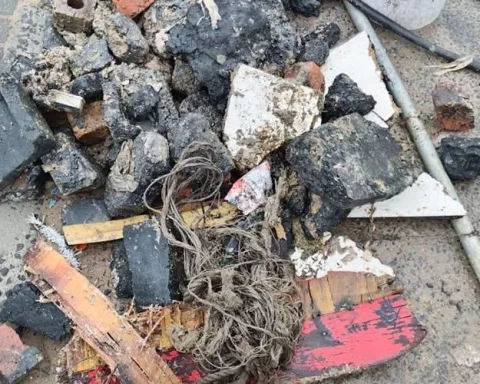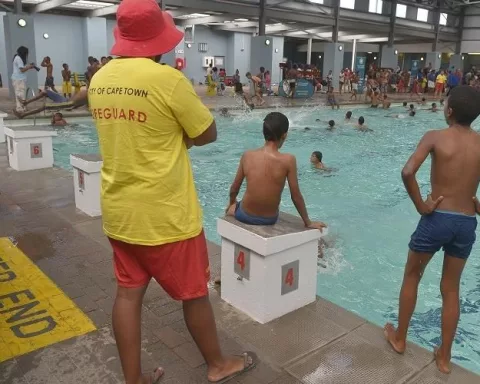Cholera is a highly contagious water-borne illness that has recently emerged as a pressing concern for health authorities in South Africa. The Department of Health is calling on citizens to remain vigilant and take proactive measures to prevent the spread of the disease through contaminated food, water, and surfaces.
Understanding Cholera
Cholera is caused by the bacterium Vibrio cholerae, which is primarily transmitted through contaminated water sources such as rivers, dams, and streams. The disease can also be contracted indirectly through the consumption of contaminated food.
The first cases of cholera were reported in Hammanskraal in Gauteng, with additional cases emerging in the North West, Limpopo, Mpumalanga, and Free State provinces. Early detection and successful treatment are critical to preventing further outbreaks.
Preventative Measures
The Department of Health advises citizens to practice good hygiene by thoroughly washing their hands with soap before handling and preparing food, or after using the bathroom. It is also essential to avoid drinking water from unsafe sources unless properly boiled or disinfected first.
Government Response
President Cyril Ramaphosa recently visited Hammanskraal to address the community’s concerns and outline government interventions. A short-term plan has been put in place to expand and maintain the Rooiwal Wastewater Works and Temba Water treatment facilities at a cost of R4 billion. The City of Tshwane will provide tankered water to affected areas during this period, with Magalies Water invited to assist in managing the water supply in Hammanskraal. The President has assured residents that the reliance on tankered water will be temporary, and the situation is expected to improve within the next six months.
Symptoms and Treatment
Cholera symptoms include diarrhea, dehydration, vomiting, and body weakness. The NICD urges those experiencing any cholera-like symptoms to visit their nearest health facility for screening and testing, ensuring timely detection and prompt treatment.
The Importance of Water Safety
The cholera outbreak highlights the critical role of water safety in preventing future outbreaks. Access to clean and safe drinking water is a fundamental human right, and efforts to combat the spread of cholera and improve water infrastructure are necessary steps forward. A collective commitment to ensuring public health and well-being is essential.












